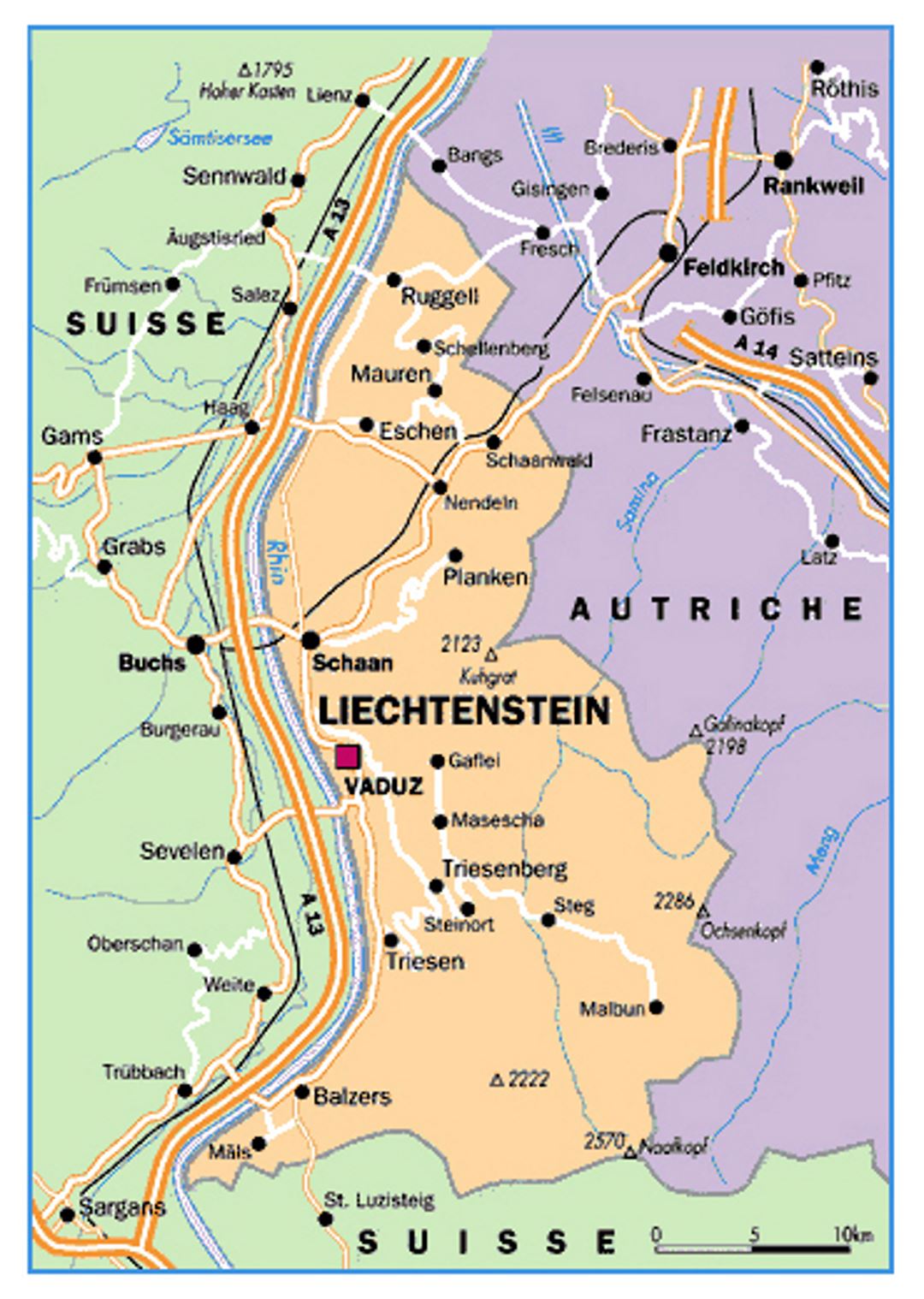Liechtenstein Faces Economic Uncertainty as 37% Tariffs Send Shockwaves
Table of Contents
- Liechtenstein country map
- Cheap Business Class Flights to Liechtenstein - ,819 | Arangrant
- Como é visitar Liechtenstein | EPM
- Liechtenstein
- Liechtenstein: informazioni e idee di viaggio - Lonely Planet
- Liechtenstein | RSF
- Liechtenstein2 - Inspirasi Traveling - Mister Aladin
- The Princely Family
- Patrick von Stutenzee's History Blog: Prince and People of Liechtenstein
- Small political map of Liechtenstein | Liechtenstein | Europe ...


With a population of just over 38,000 people, Liechtenstein is one of the smallest countries in the world. Despite its small size, the country has a thriving economy, with a strong focus on financial services, manufacturing, and tourism. However, the imposition of these tariffs threatens to disrupt the country's economic stability.


What are Tariffs and How Do They Work?

Tariffs are taxes imposed on imported goods and services. They are typically used by governments to protect domestic industries, raise revenue, and influence trade policies. In the case of Liechtenstein, the 37% tariff is likely to have a significant impact on the country's imports, making them more expensive for consumers and businesses alike.


Economic Implications for Liechtenstein

The economic implications of these tariffs are far-reaching and could have a devastating impact on Liechtenstein's economy. With a small market and limited domestic production, the country relies heavily on imports to meet the needs of its citizens and businesses. The increased cost of imports could lead to higher prices, reduced consumer spending, and a decline in economic growth.

Furthermore, the tariffs could also have a negative impact on Liechtenstein's financial services sector, which is a significant contributor to the country's economy. The increased cost of doing business could lead to a decline in foreign investment, making it harder for businesses to operate and thrive in the country.

International Trade and Diplomacy
The imposition of these tariffs has also raised questions about international trade and diplomacy. Liechtenstein is a member of the European Free Trade Association (EFTA) and has a close relationship with the European Union (EU). The tariffs could potentially strain relationships between Liechtenstein and its trading partners, making it harder for the country to negotiate favorable trade agreements in the future.
The 37% tariff imposed on Liechtenstein is a significant challenge for the small country. With its economy heavily reliant on imports and financial services, the tariffs could have far-reaching consequences for the country's economic stability. As the country navigates this uncertain time, it is essential for policymakers to work closely with international partners to find a solution that minimizes the impact of these tariffs and ensures the long-term prosperity of Liechtenstein.
Only time will tell how Liechtenstein will respond to these tariffs, but one thing is certain - the country will need to be proactive and strategic in its approach to mitigate the effects of these tariffs and ensure the continued growth and prosperity of its economy.
For more information on this developing story, please visit CBS News for the latest updates.
Note: This article is based on the original report by CBS News, but the content has been rewritten and expanded to provide a more comprehensive overview of the situation.